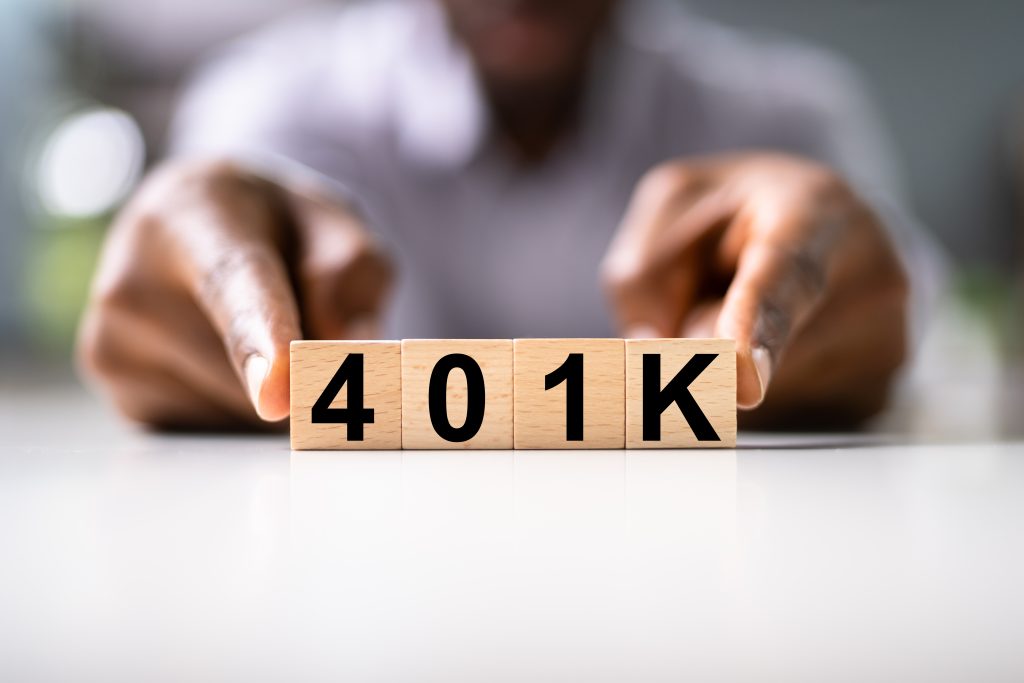Many of us are at least occasionally dreaming of retirement, looking forward to days when we won’t have to clock in and work for someone else — days when we can do more of what we want to do.
If you’re counting down to your retirement and are looking forward to collecting Social Security benefits, make sure you’re ready to do so. Here are some questions you might ask yourself.
Start Your Mornings Smarter! Wake up with Breakfast news in your inbox every market day. Sign Up For Free »

Image source: Getty Images.
1. Do you qualify for Social Security?
Let’s start with some basics. Make sure you qualify to collect benefits. The bar is admittedly low. To be eligible for benefits, you need to earn a total of 40 credits, and you can earn up to four per year — so you’ll need to work and earn money for at least 10 years.
The value of each credit is updated annually, and for 2025, it’s $1,810 — which amounts to just $7,240 over the course of a year. Note that while you need to work at least 10 years, you’ll want to aim for 35, because your benefit amount is based on your earnings in the 35 years in which you earned the most. Work for fewer years and some zeroes will get factored into the calculation.
2. Are you at least 62 years old?
Sixty-two is the earliest age at which you can claim your retirement benefits. Know that each of us has a “full retirement age” at which we can start collecting the full benefits to which we’re entitled based on our earnings — and that age is 66 or 67 (It’s 67 for those born in 1960 or later.)
While you can turn on the Social Security spigot at age 62, doing so will result in smaller checks, though many more of them than if you claim late. If you delay starting to collect checks, they’ll plump up by 8% for each year beyond your full retirement, until age 70.
The decision regarding when to claim your benefits is a big one, so think it through carefully. One study found that for 57% of people, waiting until age 70 will deliver the most total benefits.
3. Do you know how much to expect?
It’s important to know how much to expect from Social Security, so that you can plan your retirement accordingly. Yes, the average monthly retirement benefit for retired workers was just $1,981 as of February — only around $23,750 per year — but you may well be in line to collect more.
To get a much clearer idea of how much you can expect from Social Security, set up a my Social Security account at the Social Security Administration (SSA) website. Then you’ll be able to click in any time to see the latest estimates of your future benefits based on the SSA’s records of your earnings.
If you don’t like what you see, you’re in luck — because there are multiple ways to increase your Social Security benefits, beyond delaying claiming them. For one thing, while you’re still working, try hard to earn as much as possible, even if that means a side gig for a while.
4. Are you able to retire?
It’s also important to look beyond Social Security at your bigger financial picture, to see if you can retire. Don’t assume that your nest egg will be sufficient until you crunch some numbers. For some people, retiring with a million dollars will be enough, for others it may be much too little — or too much.
If you find that you’re behind in saving and investing for retirement, there are several strategies to consider — including delaying your retirement a bit.
5. Have you coordinated with your spouse?
If you’re married, have you coordinated a Social Security strategy with your spouse? You might, for example, have the higher earner between you delay until age 70, in order to maximize their benefit. The lower earner might start collecting early, late, or somewhere in between — whatever makes sense given your financial situation.
Why do this? Because when one spouse dies, the survivor will be able to collect whichever benefit is larger for the rest of their life.
6. Have you seen the news?
Finally, here’s a somewhat new concern regarding Social Security. Not so long ago, I might simply have offered a warning that the program’s surplus is turning into a deficit and if nothing is done to strengthen Social Security, its trustees estimate that beginning in 2035, beneficiaries will receive only 83% of what they’re due. Yikes. (There are multiple ways to fix this problem, though.)
Now there’s a new concern — the Trump administration, which is making moves to change Social Security in ways that may leave it weaker, sooner. So it’s worth keeping up with developments in the news as they may affect your future financial security. The more you know, the better your retirement plan may be.
The $22,924 Social Security bonus most retirees completely overlook
If you’re like most Americans, you’re a few years (or more) behind on your retirement savings. But a handful of little-known “Social Security secrets” could help ensure a boost in your retirement income. For example: one easy trick could pay you as much as $22,924 more… each year! Once you learn how to maximize your Social Security benefits, we think you could retire confidently with the peace of mind we’re all after. Simply click here to discover how to learn more about these strategies.
View the “Social Security secrets” »
The Motley Fool has a disclosure policy.
 marketbeat.com
marketbeat.com fool.com
fool.com benzinga.com
benzinga.com



